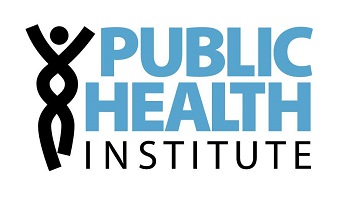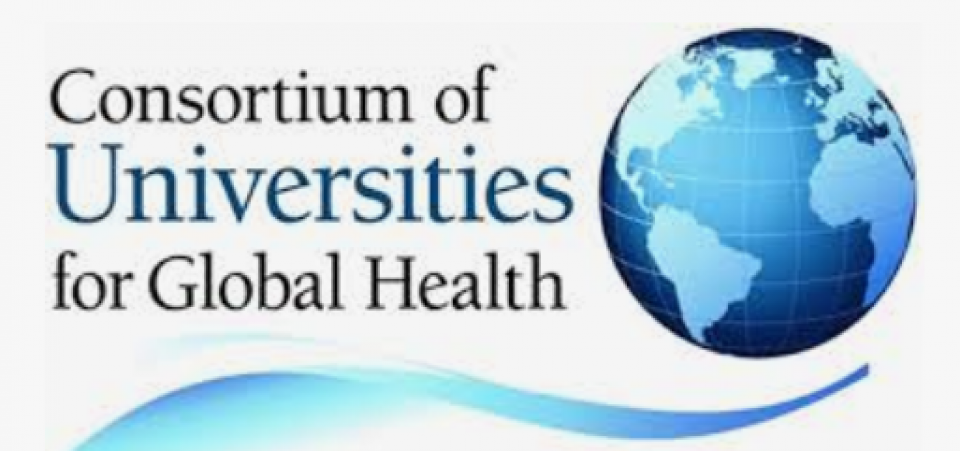Operating under a five-year cooperative agreement with USAID, the Public Health Institute oversees the implementation of STAR, in partnership with:
 |
The Public Health Institute (PHI) is the lead partner for USAID's Sustaining Technical and Analytic Resources (STAR) Project. Headquartered in Oakland, California, PHI has over 40 years of leadership in public health. PHI’s mission is to promote health, well-being and quality of life for all people through research and evaluation, training and technical assistance, and by building community partnerships.
|
|
|
University of California, San Francisco (UCSF) UCSF’s Institute for Global Health Delivery and Diplomacy works in California and around the world to train global health leaders, help governments and organizations improve their health systems, and build sustainable solutions to improve health and eliminate disease. UCSF’s Center for Health Equity in Surgery and Anesthesia is focused on multidisciplinary research, education and policy efforts that aim to improve equitable access to quality surgical, anesthesia and pain services worldwide. UCSF’s academic and clinical experts facilitate STAR Fellows’ and Interns’ advancement in global health diplomacy and lead STAR’s global technical assistance to improve critical care services for the COVID-19 pandemic response. |
|
|
Aspen Management Partnership for Health (AMP Health) AMP Health is a public-private partnership that embeds leadership and management coaches in government teams, provides live and interactive distance learning, and brings teams together from across countries to share best practices. AMP Health has partnered with STAR to work with host country governments to strengthen leadership and management capacity for public health teams and contribute to improved health systems and outcomes. Through the placement of long-term advisors in Republic of the Congo (Brazzaville), Central African Republic, Chad, Sudan, and Mauritania, this mechanism will strengthen the institutional capacity of National Malaria Control Programs to utilize Global Fund investments to achieve country goals and objectives. |
 |
Consortium of Universities for Global Health The Consortium of Universities for Global Health (CUGH), was established in 2008 with generous funding from the Bill & Melinda Gates Foundation and The Rockefeller Foundation. CUGH members currently include over 170 academic institutions and other organizations. CUGH, in partnership with STAR, implemented the Collaboration Laboratory (CoLab). The CoLab recruited pairs of academic institutions to develop, test and codify best practices for successful, sustainable partnerships. |
|
|
Johns Hopkins University (JHU) JHU is the world’s largest school of public health, with 670 full-time and 709 part-time faculty devoted to advancing global knowledge and understanding of public health through research, teaching and service. To maximize learning opportunities for STAR Fellows and Interns, JHU facilitated academic support, training, adjunct lecture opportunities, and mentoring opportunities to equip tomorrow’s global health practitioners with knowledge, attitudes, and skills needed for success. |